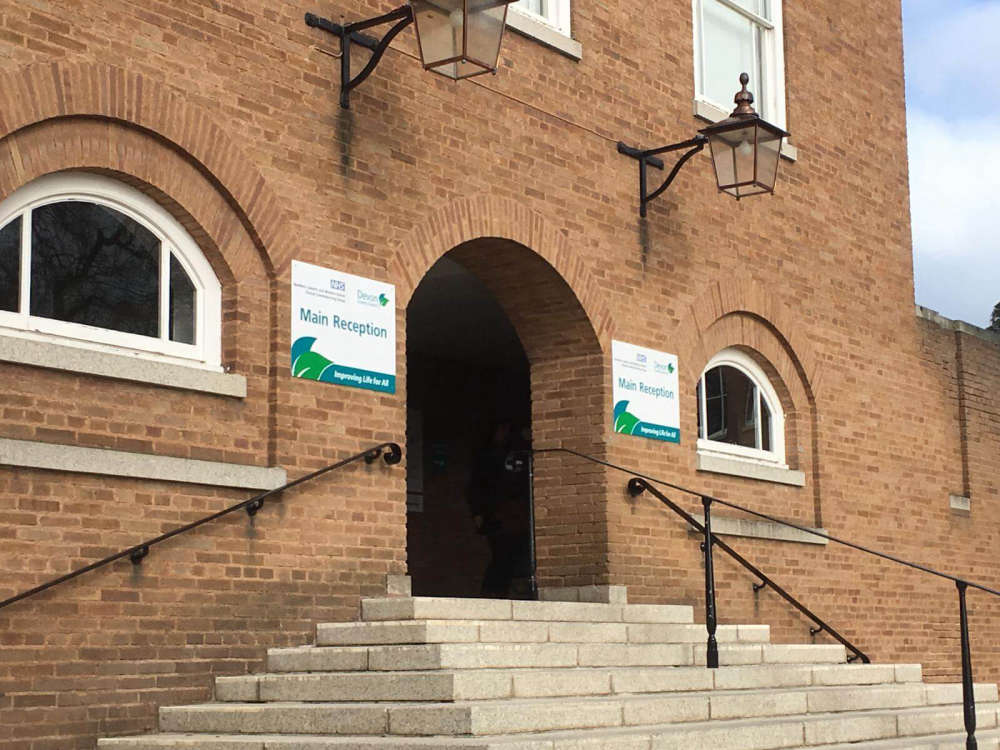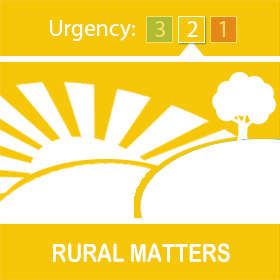
The large number of children who require extra support in school is proving a persistent challenge for the county council.
The number of people aged up to 25 who require a education health and care plan (EHCP) has risen to 4.4 per cent of the population in the Devon County Council area this year, nearly two-thirds more than the national average of 2.8 per cent.
Devon has around 9,500 young people with EHCPs, although this is lower than recent months, data presented this week to the children’s scrutiny committee showed.
The county council’s chief executive, Donna Manson said the authority is an “outlier” in various ways, including in the number of children it pays for to go to independent placements.
The average cost of an EHCP in Devon is £16,586, up by around £400 in the last 18 months.
While the average mainstream placement for under-16s costs just over £6,000, that rockets to nearly £54,000 for children in placed outside the state sector.
Some councillors criticised the council for not mentioning how it is providing EHCP assessments within the statutory period of 20 weeks.
Last year, a group of parents protested outside County Hall about waiting long periods for their children to be assessed for potential additional support.
Kellie Knott, Devon’s Send improvement director, acknowledged the council had “not cleared the backlog” but that it is working with the Department for Education on the issue and is “on track” to reduce outstanding cases.
Various education representatives echoed parents’ frustration about the EHCP assessment process, including long waiting times, difficulty securing relevant paperwork, and a lack of clarity about the process.
Paul Walker, chief executive of First Federation Trust, which oversees 14 schools in Devon, said the EHCP process could be “frustrating” for families, and challenging for schools if they had different views thn parents about children’s additional needs.
Ms Manson said the council had taken steps to improve the speed with which EHCP assessments are made, tackle the backlog of annual reviews, and ensure all placements are still relevant and provide value.
“We are working with our school partners as we have the wrong children in the wrong places, school have told us, including children in special provision who shouldn’t be there,” she said.
Ms Manson added that new types of provision need to be created but that there are costs to doing this and that it would take time to create.
She said over the past year, she had been working to ensure Send is a key focus of senior council staff, and had boosted the team with “key appointments”.
“We have got a complete new team, and at the same time, we had good staff that needed support, as they were broken after having had to deal with their workload, and so we have been focusing on the wellbeing of the team and now we are taking staff across the organisation off-task and on to this,” she explained.
“We needed external expertise, internal growth, and understanding with more people on task, and in November we will say what that looks like, but we couldn’t have done it without people understanding it.”
Ms Knott said it had one of the biggest Send teams compared to other local authorities but that it had been a “challenge for us to recruit and retain staff given the role they do and the challenges in being a Send case worker”.
“We have had retention challenges, which are not specific to Devon, and we have been working with our HR department to make sure we support the team and their wellbeing,” she said.

 Criminal investigation into suspended Chief Constable dropped
Criminal investigation into suspended Chief Constable dropped
 Devon families receive their primary school place offers
Devon families receive their primary school place offers
 Theft of Quad Bike / Livestock Trailer and / Farm Tools - Tiverton and Withleigh Area
Theft of Quad Bike / Livestock Trailer and / Farm Tools - Tiverton and Withleigh Area
 Stay vigilant for ticket fraud ahead of top events and concerts this summer.
Stay vigilant for ticket fraud ahead of top events and concerts this summer.











